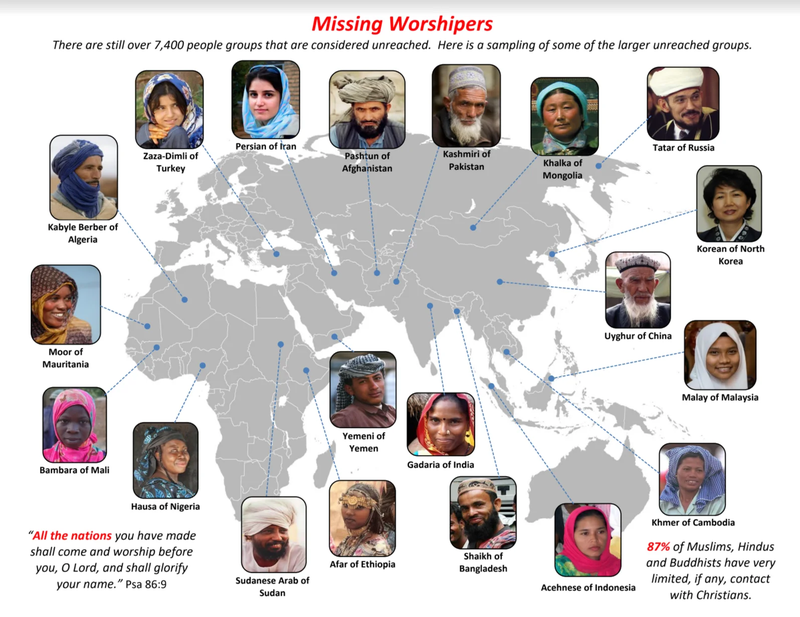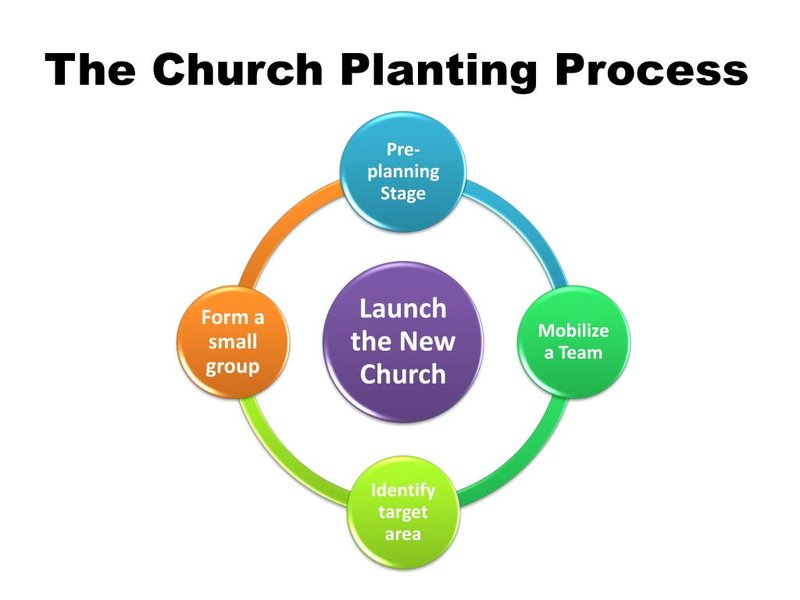· Christian Missions · 6 min read
Ultimate Local Mission Project Guide: Impacting Your Community Through Christ
Discover how to serve your community through Christ with our Ultimate Local Mission Project Guide. Explore biblical social action strategies for impactful community outreach.

Ultimate Local Mission Project Guide: Impacting Your Community Through Christ
As Christians, it is our calling to impact the world around us with the love and message of Christ. One powerful way to do this is through local mission projects that serve and uplift our communities. In this comprehensive guide, we will explore the essential aspects of local mission projects and provide practical guidance on how to plan, organize, and carry out impactful projects that align with biblical principles.
1. What is the biblical basis for engaging in local mission projects?
Engaging in local mission projects is deeply rooted in the teachings of Jesus and the overall message of the Bible. The Great Commission, found in Matthew 28:19-20, urges believers to go and make disciples of all nations, baptizing them and teaching them to obey everything that Jesus commanded. This commission extends beyond geographical boundaries and includes our immediate communities.
Another key biblical principle related to local mission projects is found in Matthew 22:37-39, where Jesus states that the greatest commandment is to love God with all our heart, soul, and mind, and to love our neighbors as ourselves. This commandment emphasizes the importance of actively loving and serving those around us.
2. How can local mission projects contribute to community development?
Local mission projects have the potential to contribute significantly to community development by addressing various social, economic, and spiritual needs. By partnering with local churches and organizations, these projects can foster collaboration, empower residents, and create long-lasting positive change.
One example of a Christian missions organization actively involved in community development is Serge. They partner with local churches to advance community development projects that connect members of the community with the church. This partnership helps grow the body of Christ and brings about holistic transformation in individuals and communities.
3. What are some practical ideas for local mission projects?
There are numerous practical ideas for local mission projects that can be tailored to the specific needs of your community. Here are a few examples:
- Sending college care packages to students in your community.
- Putting together Sonshine Boxes or bags to bless women in your church or community.
- Filling a freezer with meals for a new mom.
- Creating birthday bags for your local food pantry, including birthday cake, hats, candles, and balloons.
- Painting and decorating the teacher’s lounge at a struggling school.
These are just a few ideas to get you started. It is essential to assess the unique needs and opportunities in your community and design projects that will have the most significant impact.
4. How can local churches play a role in supporting and implementing local mission projects?
Local churches play a vital role in supporting and implementing local mission projects. They can serve as catalysts for change by raising up, training, sending, and supporting missionaries. Additionally, churches can provide financial resources, organizational support, and spiritual guidance throughout the process.
A handbook on missions in the local church by David Mays highlights the importance of structuring local ministry and international outreach. It emphasizes that international ministries are primarily oriented toward evangelism and church planting among people of other nations and cultures, both locally and abroad. This approach requires the involvement and support of specially trained individuals who can effectively carry out these efforts.
5. What is the significance of integrating faith into local mission projects?
Integrating faith into local mission projects is crucial because it allows us to demonstrate the love of Christ in practical ways. By aligning our actions with our beliefs, we can communicate the gospel message effectively and create opportunities for spiritual transformation.
The role of the local church in missions is not limited to social action alone but also encompasses raising up disciples and sharing the good news of Jesus Christ. Just Disciple emphasizes the importance of supporting missions work all over the world while acknowledging that contexts may vary. The ultimate goal is to bring glory to God and make disciples of all nations.
6. How can local mission projects be a means of personal spiritual growth?
Engaging in local mission projects can be a powerful catalyst for personal spiritual growth. By stepping out of our comfort zones and serving others, we develop a deeper understanding of God’s heart for humanity. It allows us to rely on God’s strength and initiative rather than our own, fostering a greater dependence on Him.
Ministry127 highlights the impact of Jesus’ ministry on people’s lives and encourages us to intersect with people where they live. Through local mission projects, we have the opportunity to touch hearts, give hope, and witness firsthand the transformative power of Christ.
7. How can local mission projects foster unity within the church?
Local mission projects have the potential to foster unity within the church by bringing members together in a common purpose. When individuals from different backgrounds and age groups collaborate on projects that serve their community, it builds relationships, breaks down barriers, and creates a sense of shared vision.
The Baptists on Mission volunteerism program is an example of how churches can connect adults and students with missions opportunities suited to their gifts and talents. By engaging in missions together, the church becomes a unified body working towards a common goal.
8. What are some potential challenges or obstacles when organizing local mission projects?
While local mission projects can be incredibly rewarding, there are potential challenges and obstacles that organizers may face. Some common challenges include:
- Lack of resources or funding.
- Limited volunteer participation.
- Identifying specific community needs and developing appropriate projects.
- Overcoming language or cultural barriers.
- Navigating logistical issues such as permits or access to facilities.
It is essential to plan ahead, involve key stakeholders, and seek guidance from experienced individuals or organizations in order to navigate these challenges successfully.
In conclusion, local mission projects provide an opportunity for believers to impact their communities through Christ-centered actions. By understanding the biblical basis for engaging in local mission, partnering with local churches and organizations, integrating faith into projects, and fostering unity within the church, we can carry out meaningful and transformative work. Through personal spiritual growth and community development, local mission projects become a tangible expression of God’s love and bring hope to those who need it most.



